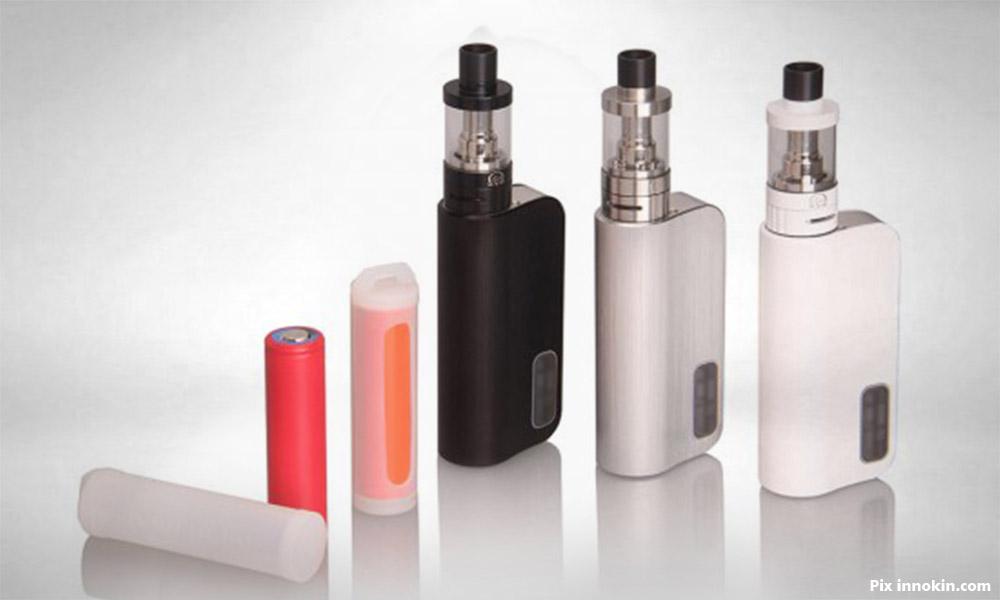LETTER | Tobacco Harm Reduction (THR) advocates have lauded the decision by the World Health Organization (WHO) and the US Food and Drug Administration (FDA) to consider the use of alternative tobacco products (ATPs), citing it as a move in the right direction.
Professor Tikki Pang, visiting professor at the Yong Loo Lin School of Medicine at the National University of Singapore, said he was heartened by a WHO report released earlier this year, titled “WHO Study Group on Tobacco Regulation”, which paved the way for a discussion on the ATPs, at the recent Conference of the Parties to the WHO Framework Convention on Tobacco Control.
“I believe things are opening up a bit, as far as ATPs are concerned. Countries, especially in the developing regions, do look to WHO for guidance on related policies.” Pang said this in his keynote address at the virtual Global Tobacco and Nicotine Forum (GTNF) 2020, which was held from Sept 21-24.
“Although WHO’s position on ATPs is still largely negative and unsupportive, I want to be optimistic.
“We’re beginning to see the light at the end of the tunnel,” said Pang, who served at WHO for 13 years as director of Research Policy and Cooperation.
He also highlighted the significance of the FDA decision in July this year to authorise the marketing of the IQOS Tobacco Heating System in the US, as a modified risk tobacco product, which the agency had designated as “appropriate to promote public health”.
Pang said the decision marked the first time the FDA had authorised the marketing orders for an innovative electronic alternative to cigarettes, through the modified risk tobacco product (MRTP) pathway.
“This is another step forward. Many developing countries look to the US FDA for guidance, not just in alternative tobacco products but in medicines and vaccines,” he added.
THR advocates lauded the recent positive development, which captured the spirit of the GTNF’s theme of ‘Sustainable Change through Innovation and Regulation’ that called for governments and regulators to come up with science-based and innovation-driven regulations to help reduce tobacco-related illnesses and deaths.
Dr Moira Gilchrist, the vice-president of Strategic and Scientific Communications at Philip Morris International (PMI) said that even with this authorisation that the FDA continually monitors this status.
“There is continual oversight, in order to remain on the market and in order to continue to bring these messages to consumers, we have to show that the product is appropriate to promote the public health for its entire life cycle,” he said.
Chief scientific officer at Broughton Nicotine Services, Chris Allen summarised the objective of the conference by stating that regulations should be based on sound science, which he said was unfortunately not always the case when politics influenced most decisions.
“Regulations must be progressive and allow innovation as new facts emerge,” he added.

Topics on vaping devices and heat-not-burn products as the “gateway to cigarette smoking” were also discussed at the forum, with some participants presenting new and innovative ways to “control” sales and responsible practices.
PMI stands guided by their Good Conversion Practice that is executed globally in their IQOS stores “which includes age verification before entering the store, certainly age verification before the sale of a product, whether people are smokers and asking them about their smoking history before going into conversation about the product and the benefits of switching and this has made us comfortable to say that we are marketing and selling our products in a responsible way” said Dr Moira Gilchrist.
Chinese e-cigarette manufacturer RELX Technology was among the players that had reaffirmed their commitment to responsible business practices and behaviour in the vape industry, in particular in ensuring that minors are not attracted to and are prevented from gaining access to their products.
Its global head of external affairs, Jonathan Ng, who spoke during the virtual panel discussion titled “Innovations on the Horizon”, listed some steps to mitigate minors’ use of their products including a remote locking function to prevent unauthorised use, age verification through facial recognition at their stores and giving neutral names to their products.
The panel at the GTNF conference, which included public health experts, government representatives, investors and members of the tobacco and nicotine industry, agreed that with the growing acceptance of ATP devices as an alternative to cigarettes, innovations would need to take place to provide a more conducive user experience, as well as combating illicit trade and preventing youth initiation towards smoking.
Meanwhile, industry players and advocacy groups in Malaysia are still urging the government to regulate all alternative tobacco products, similar to what countries such as the United Kingdom, Canada and New Zealand have done.
End of last year, Malaysian Vape Chamber of Commerce and Malaysian E-Vaporizers and Tobacco Alternative Association (Mevta) said the government should introduce regulations to ensure no harmful substances such as drugs can be used in the products and to prevent children and minors from having access to them.
Its secretary-general II, Zain Azrul was quoted as saying last year that the industry had been hampered by a lack of guidelines and regulations.
In 2016, a National E-Cigarette Study showed that 600,000 Malaysians used e-cigarettes, while findings of the Tobacco and E-Cigarette Survey Among Malaysian Adolescents, also published in 2016, showed that 300,000 youths were using e-cigarettes.
With all the development around the world, it begs the question where does Malaysia stand in all this? Despite the politicking and Covid-19 pandemic this year, it is important that progress is made towards risk-proportionate regulations in the long-awaited standalone Tobacco Control Act which is set to replace the Control Tobacco Products Regulations 2004.
Former health minister Dzulkefly Ahmad in August last year stated that the ministry was expected to submit the bill’s draft to the Attorney-General’s Chambers by the end of the month. There have been no updates since then.
The views expressed here are those of the author/contributor and do not necessarily represent the views of Malaysiakini.

